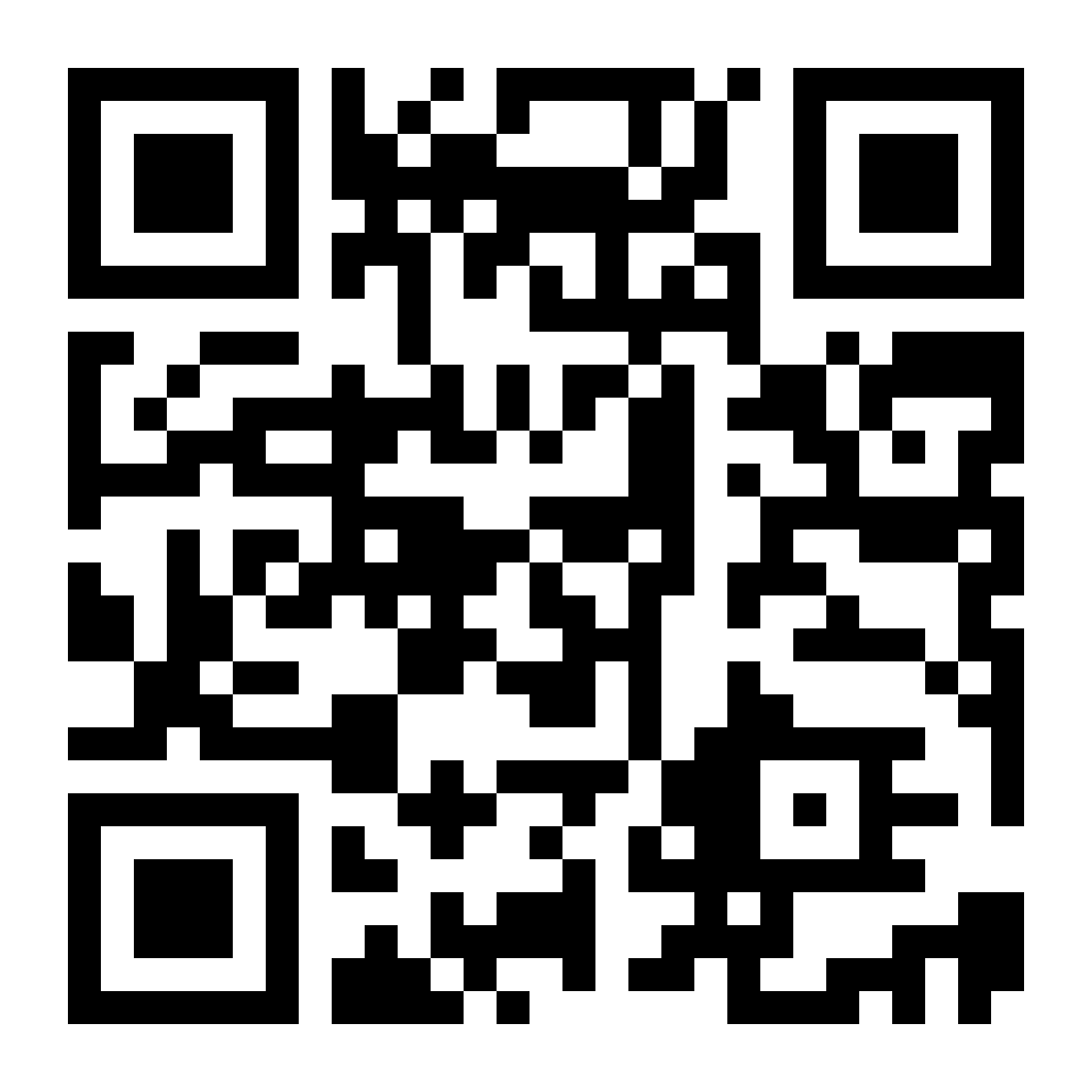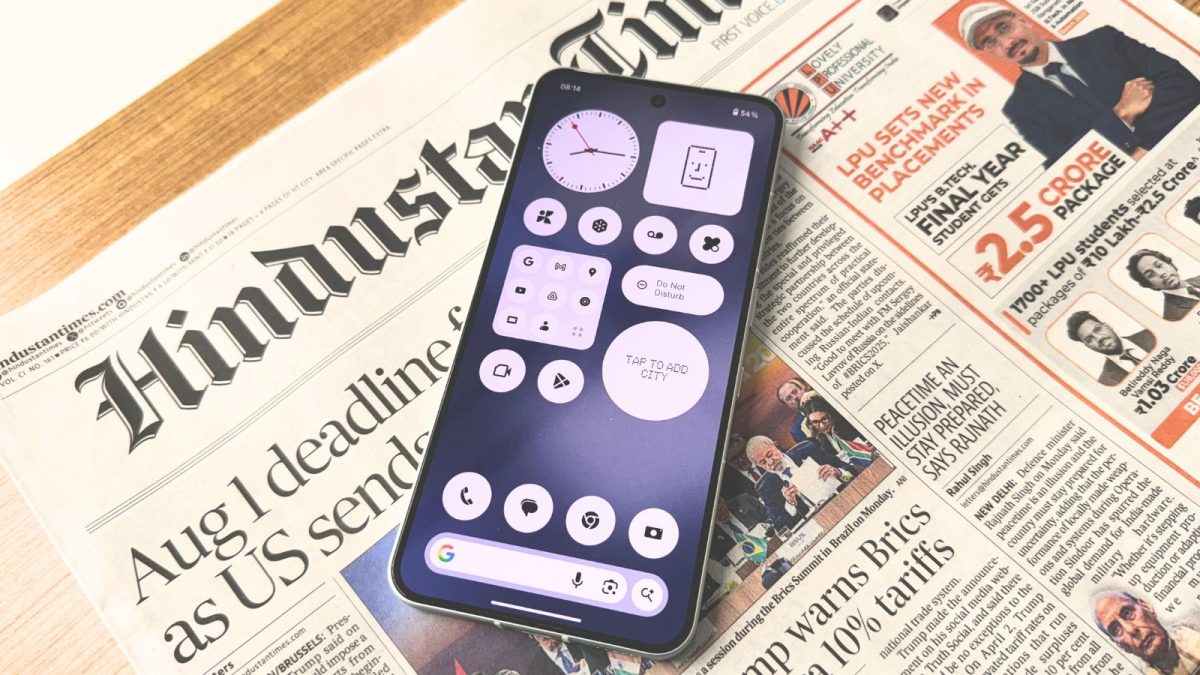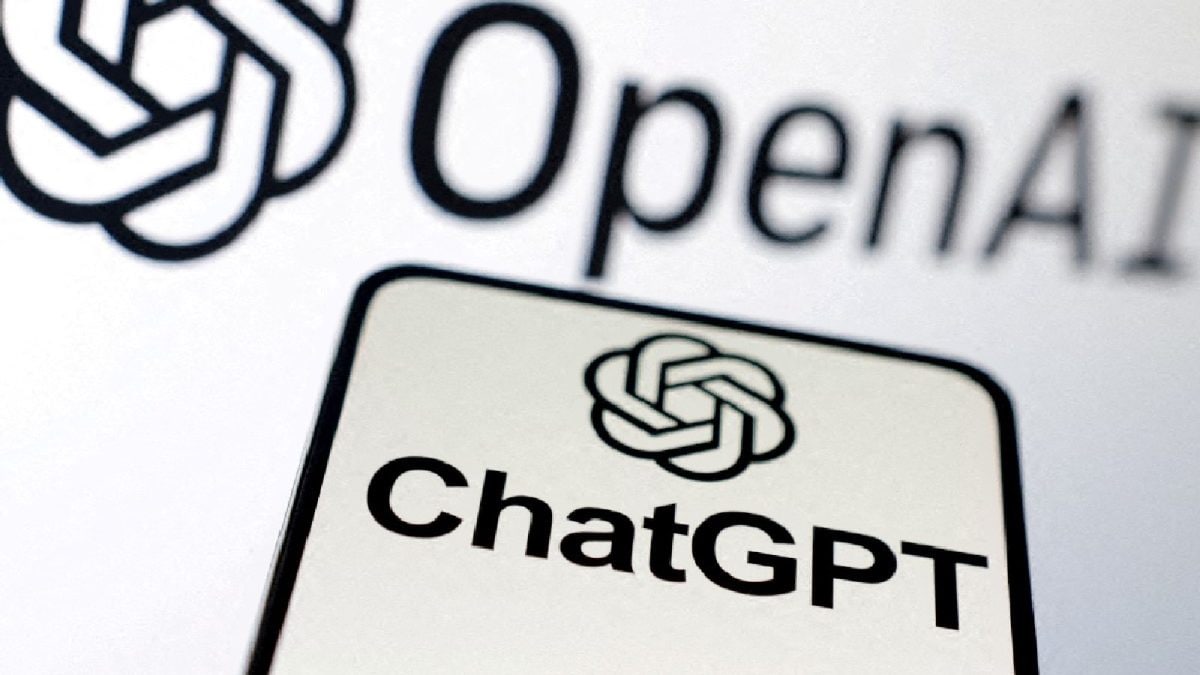Last Updated:
In essence, a WhatsApp admin manages who can be in the group, not what happens within it. They are more like a doorman than a moderator

Across India, several cases have questioned whether admins should be held accountable for what others post in their WhatsApp groups. But courts have pushed back against this trend. (Getty Images)
It starts like any ordinary morning. You wake up, check your phone, and see 200 unread WhatsApp messages. In one group, it is birthday wishes or ‘good morning’ messages. In another, it is about politics. And somewhere in between, someone forwards a controversial video.
Minutes later, someone says, “The admin should do something.” That one line captures a modern mystery — who actually controls what happens inside a WhatsApp group? The admin? WhatsApp? Or no one at all?
There are more than 850 million WhatsApp users in the country, and nearly every social, professional, and political circle operates through group chats. This question goes beyond digital etiquette. It is about privacy, responsibility, and law, and the blurry line between personal and public life in the digital age.
How Much Power Does A WhatsApp Admin Really Have?
On paper, a WhatsApp admin sounds like someone with authority. One, who is the “leader” of a small digital community can add or remove people, set the group’s name and picture, and even decide who can post messages.
But beyond that, he cannot control much. Admins cannot read deleted messages, remove someone else’s texts, or monitor what members are typing. They also cannot see messages that were sent before they joined. WhatsApp’s end-to-end encryption ensures that even the company itself cannot access user conversations, which means admins are no more powerful than anyone else in the group.
In essence, a WhatsApp admin manages who can be in the group, not what happens within it. They are more like a doorman than a moderator — they can open or close the door, but cannot control the conversation inside.
That design reflects WhatsApp’s core philosophy: privacy first, oversight second. But it also means that when something goes wrong — like misinformation or offensive content — the blame often falls on someone who has very little technical power to prevent it.
The Evolution Of Privacy And Consent
Until a few years ago, anyone with your number could add you to a WhatsApp group. Whether it was an old classmate, a housing society neighbour, or a random marketing contact, you could suddenly find yourself dragged into group chats you did not want.
After privacy concerns began to mount, WhatsApp rolled out new privacy settings in 2019 that gave users the right to control who can add them to groups.
Now, you can limit group invitations to your contacts, or exclude specific people altogether. If someone who is not authorised tries to add you, you will receive an invite link instead, which you can choose to accept or ignore.
It may seem like a small change, but in India — where WhatsApp groups are central to communication — this feature represented a quiet shift in digital culture: a move from automatic inclusion to informed consent.
However, another loophole still exists: public group links. Many groups from school alumni circles to office discussions share invite links that are sometimes posted online. Researchers have found thousands of such links indexed on Google, meaning anyone could join with a single tap.
Even if your messages remain private, your membership and phone number could be exposed to strangers. That raises a bigger question: how “private” can a conversation really be when your digital identity is visible to anyone who stumbles upon an invite link?
Can Admins Be Held Responsible? Exploring The Legal Grey Zone
The debate over who controls WhatsApp groups is not just social — it is legal. Across India, several cases have questioned whether admins should be held accountable for what others post in their groups.
The pattern is similar in many of these cases: a group member shares something offensive, and local authorities file charges against both the sender and the group admin.
But courts have largely pushed back against this trend, recognising the limits of an admin’s power.
In 2018, a court in Maharashtra ruled that a group admin cannot be blamed for objectionable content shared by others. The case involved a political image posted in a local WhatsApp group, for which the admin was initially booked. The judge noted that an admin can only add or remove members — they are not editors or gatekeepers of every message.
A few years later, in 2021, the Kerala High Court came to the same conclusion in a case involving the circulation of explicit material. The court observed that a WhatsApp admin cannot be presumed to be the “publisher” of every message and cannot be held vicariously liable unless there’s proof of active involvement.
In other words, unless the admin encourages, approves, or deliberately ignores unlawful content, they cannot be prosecuted.
The sender (originator) remains primarily responsible under the Information Technology Act, 2000, and the Indian Penal Code, not the person who merely created the group.
What Does The Law Say Today?
India’s IT Rules 2021, formally known as the Information Technology (Intermediary Guidelines and Digital Media Ethics Code) Rules, lay out how social media platforms must manage user content.
Under these rules, companies like WhatsApp are “intermediaries,” meaning they must respond to government requests, remove illegal material when notified, and cooperate with investigations.
But users, including group admins, are not intermediaries. They are treated as private individuals. That distinction matters: while WhatsApp must comply with government regulations, admins are simply expected to act responsibly.
However, if an admin knowingly allows the spread of hate speech, child exploitation material, or other illegal content, they can still face questioning or charges under broader laws.
The line is thin but important. The law recognises that an admin does not have the technical means to moderate messages but still expects basic due diligence.
When Social Hierarchies Enter Digital Spaces
Beyond encryption and court rulings lies a subtler layer of the WhatsApp ecosystem, that is, the social power.
In India, WhatsApp groups often mirror real-life hierarchies. The family admin is usually the eldest sibling. The office admin might be the HR manager. The local community admin could be a neighbourhood elder or a political worker.
In all these spaces, the admin is seen not just as a technical role but as a social one. He is the person who keeps peace, sets rules, and mediates conflicts. Even when they have no real power to delete messages, people expect them to “control” behaviour.
That creates an odd dynamic. Many admins feel responsible for things they cannot actually manage. Some avoid confrontation to keep harmony. Others overcompensate by trying to impose rules. The digital group becomes a reflection of the social life — collective, emotional, and layered with unspoken expectations.
Sociologists have called this the “admin paradox”: a position of power that offers more accountability than control.
WhatsApp As India’s New Public Square
With half a billion users, WhatsApp is no longer just a private messaging app. It is a massive public sphere — a digital version of India’s street corner, tea stall, and community hall combined.
It is where political campaigns are organised, small businesses market their services, and citizens mobilise for causes — from local fundraisers to national protests.
But this reach comes with risk. Misinformation, hate speech, and manipulated videos often spread fastest through closed WhatsApp groups. A 2023 study estimated that over 70% of misinformation incidents in India originated or circulated through group chats.
To combat this, WhatsApp has introduced a series of safety features such as forward limits, message tags (“Forwarded many times”), disappearing messages, and reporting tools. The app now also offers Communities, where admins can make announcement-only channels to limit spam.
Still, the system largely depends on users acting responsibly. WhatsApp can restrict features and flag spam, but it cannot fact-check private messages or moderate individual groups. In this ecosystem, awareness and caution are the first lines of defence.
Is Privacy More Than Just Encryption?
WhatsApp’s end-to-end encryption is often described as unbreakable; not even WhatsApp can read your chats. But privacy is not just about what is in the messages. It is also about who sees your presence.
When you join a public or semi-public group, your phone number, profile photo, and online status become visible to strangers. That can expose users to spam, scams, or even harassment.
You can limit this exposure by adjusting your privacy settings — restricting who can see your “last seen,” hiding your profile photo, or turning off read receipts. For sensitive discussions, disappearing messages can help.
However, it is also important to remember that screenshots can be taken and forwarded outside the group. Digital privacy is not absolute; it is cooperative. Your safety depends not just on what you share, but on what others choose to do with it.
How To Stay Safe And Sensible
Managing group life on WhatsApp is now a basic digital skill. Whether you are an admin or an ordinary member, there are ways to stay protected and responsible.
Start by keeping your groups small and relevant. Avoid posting or forwarding unverified information. If a group becomes toxic or politically charged, it is okay to mute or leave. Silence and exit are also forms of digital hygiene.
If you are an admin, periodically review the group’s membership. Remove inactive accounts or unknown numbers. Politely set basic norms — no spam, no hate speech, no fake news. You cannot control everything, but you can set the tone.
Most importantly, remember that forwarding something harmful, even unknowingly, can still make you liable. Think before you tap that arrow.
Thus, the idea of control online is more fluid than it seems. In a WhatsApp group, three forces coexist:
- WhatsApp controls the infrastructure and compliance.
- Admins control access and norms.
- Members control the content — and therefore, the culture.
That makes group behaviour a shared responsibility rather than a single point of power. A group can be a safe, productive space or a source of chaos, depending entirely on how its members use it.
What To Conclude
Being a WhatsApp admin does not make you legally responsible for everything that happens in the group. Courts have made that clear. But being a member — admin or not — comes with its own kind of accountability.
Each message you forward, each gossip you share, each link you click adds to the collective health of the digital space you inhabit.
In a country where half a billion people talk through WhatsApp every day, control is not about who owns the group — it is about how responsibly everyone inside it behaves.
So, the next time someone says, “The admin should do something,” remember — the real power in a WhatsApp group does not belong to one person. It belongs to everyone holding a smartphone.
Shilpy Bisht, Deputy News Editor at News18, writes and edits national, world and business stories. She started off as a print journalist, and then transitioned to online, in her 12 years of experience. Her prev…Read More
Shilpy Bisht, Deputy News Editor at News18, writes and edits national, world and business stories. She started off as a print journalist, and then transitioned to online, in her 12 years of experience. Her prev… Read More
November 03, 2025, 11:44 IST
Stay Ahead, Read Faster
Scan the QR code to download the News18 app and enjoy a seamless news experience anytime, anywhere.








